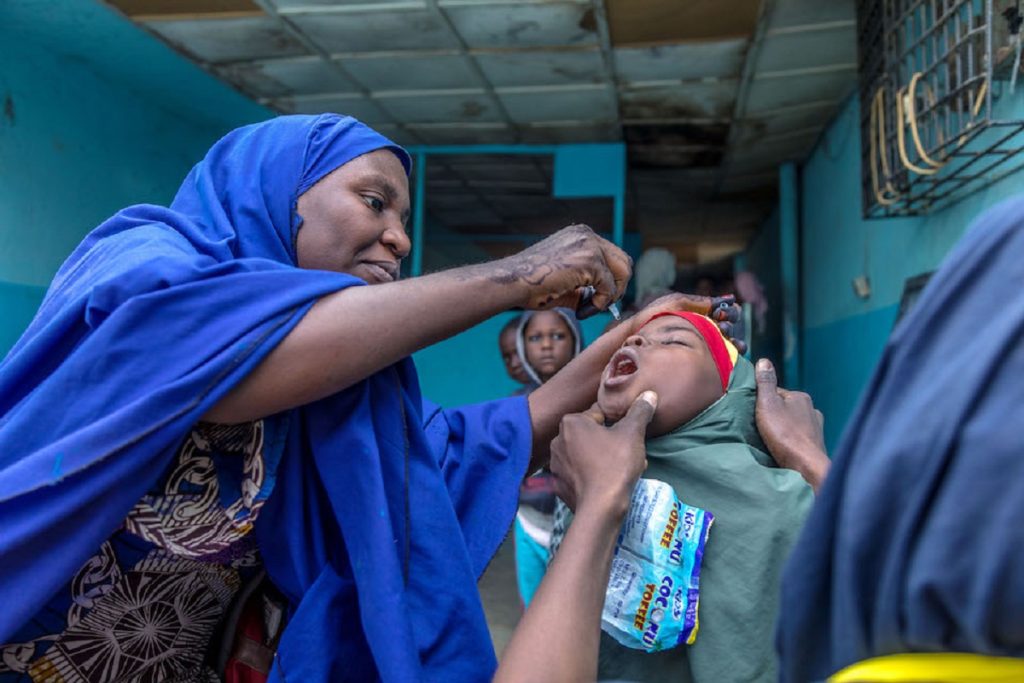Dr. Khadijat Yusuf, the District Chairperson of the Rotary Club’s campaign against polio, reported that more than 90% of Nigeria’s population has come to trust and accept the polio vaccine.
She made this statement during a polio awareness walk held by Rotary Club Abuja District 9127 to commemorate World Polio Day 2024 in Abuja.
She emphasised that this achievement was made possible through the continuous efforts of stakeholders, which must be maintained.
She noted that health workers faced some minor obstacles in convincing parents to accept the vaccines in certain rural areas due to cultural and social beliefs.
She said, “Over 90 per cent of our population have come to accept and believe in the polio vaccine. By implication, Nigeria achieves 90 per cent of its polio eradication campaign but it is not over until it is over .We will continue to create awareness and raise the needed funds for immunisation against the polio virus. We still have pockets of rejections to the polio vaccines from some communities in Nigeria. Two drops of the vaccine can decrease the risk of harbouring the virus in children.’’

Ms. Yusuf stated that in addition to the awareness campaign, the event was important to commemorate Nigeria’s success in combating the polio disease. She took the chance to express gratitude to the other stakeholders who contributed to the campaign.
She stated, “Our traditional leaders, religious leaders and health workers have done a lot to achieve this polio free environment.’
In a similar manner, Mike Nwanoshiri, the Governor of Rotary Club Abuja District 9127, stated that the purpose of the event was to raise awareness and remind Nigerians about the risks associated with polio.
“We organise this awareness walk to create awareness that though Nigeria has been declared free of polio by the World Health Organisation, there are still elements of it around. By creating awareness to vaccinate our children people will know that polio is still around and needs to be completely eradicated. The campaign has been hugely successful because of the number of parents bringing out their children for vaccination,” he said.
In August 2020, the World Health Organisation announced that Nigeria had eradicated the wild poliovirus. This milestone concluded a challenging and lengthy struggle against a virus that had caused paralysis in children and greatly impacted families.
Nevertheless, the WHO indicated that, following the eradication of the wild poliovirus, the nation now faces a new and developing challenge with the rise of the circulating variant poliovirus type 2. Experts have pointed out that this variant strain, which can mutate from the oral polio vaccine in communities with low vaccination coverage, presents a significant risk to children.
This situation has highlighted the need for continuous polio eradication efforts and emphasises the importance of parents bringing their children in for immunizations.


